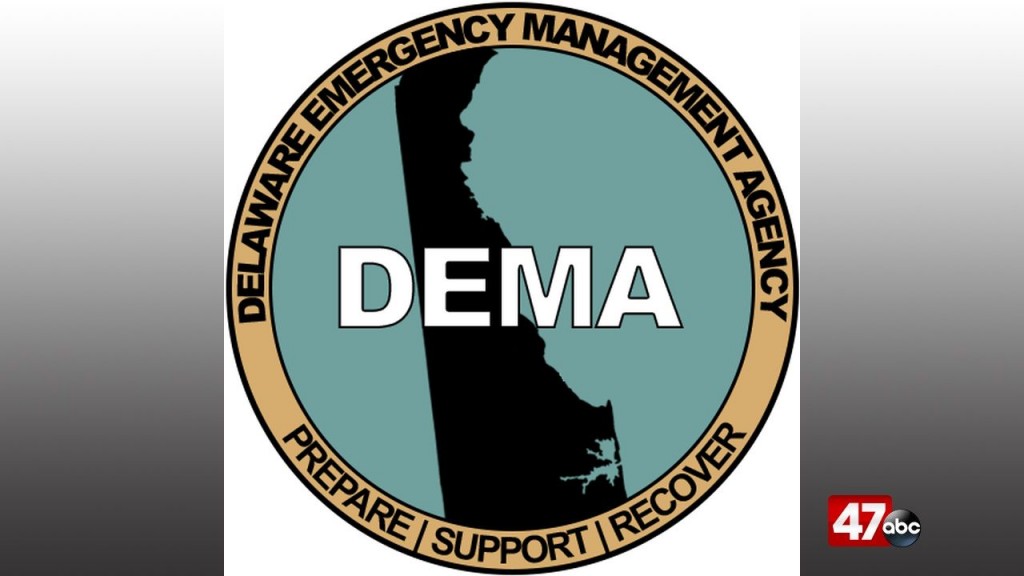Maryland lawmakers discuss modifying protocol for evidence in sexual assault cases, increase transparency
MARYLAND – “Unfortunately, there’s been so much history in this country of rape kits being stored away in warehouses and not being looked at or used again. This will bring a measure of security and transparency,” Senator Hettleman said.
Maryland lawmakers recently introduced Senate Bill 789 (cross-filled as House Bill 758). The bill would modify requirements on how collection kits for sexual assault cases are stored.
The biggest change would extend the time evidence is held from 20 to 75 years. “And part of what this bill does is make sure that if there’s any evidence out there in any part of state that existed prior to the establishment of rape kits that they be preserved,” Senator Hettleman said.
Back in 2017, the General Assembly passed legislation to create a statewide Sexual Assault Evidence Kit Policy. It set a standard for law enforcement agencies and hospitals to keep rape kits for at least 20 years.
When a sexual assault victim undergoes a hospital examination, those kits which include DNA samples are stored with local law enforcement.
Cambridge Police Chief Justin Todd says they currently hold their evidence indefinitely. “Therefore, if that day comes we’re able to successful find or charge someone with crime that they committed years ago then we’re able to do so,” Chief Todd said.
As of now no law ensures these collection kits wouldn’t be thrown out, which is why Senator Hettleman also filed Senate Bill 615 (cross-filed as House Bill 759). The bill creates a tracking system for those kits and requires agencies to report certain information. “Most importantly, the survivor will be able to log on and know exactly where their kit is in the process,” Senator Hettleman said.
Senator Hettleman also tells us there’s been a rise in do-it-yourself kits, which have been marketed to victims of sexual assault to gather evidence themselves who fear going to the hospital. She adds that the reliability of those come into question in terms of whether or not courts will accept them since the samples weren’t collected by a professional examiner.
Senator Hettleman tells us there’s currently no opposition to either of these bills. Chief Todd tells us concerns could arise with storage space for that extended time frame, but that would differ from agency to agency.
Currently, there’s no statute of limitations for rape cases in the state of Maryland.
Both bills now sit in committee where they await consideration.


